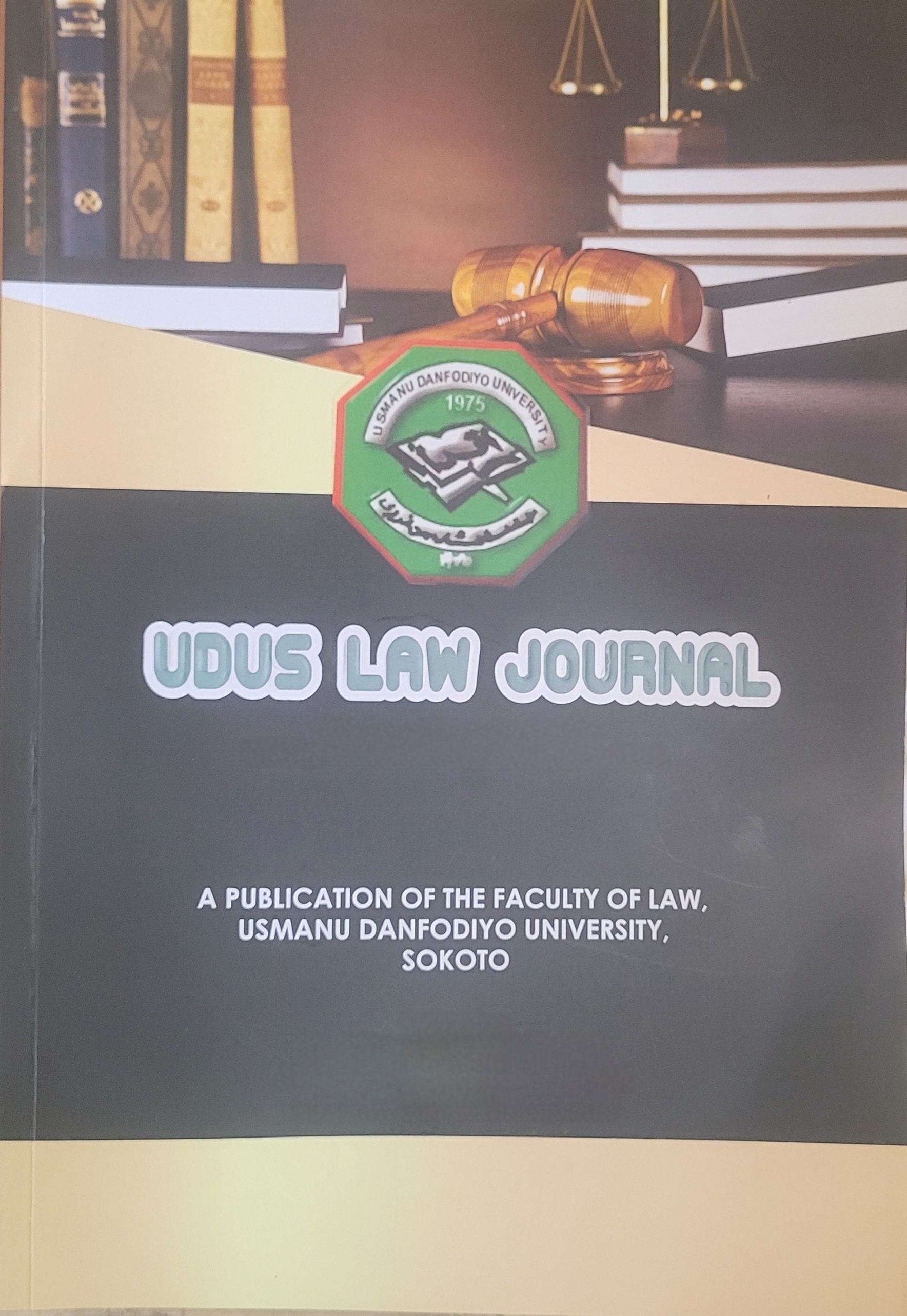Abstract
The electricity generation capacity in Nigeria is inadequate to meet its energy needs. Furthermore, conventional energy sources such as coal and gas lead to increase in Greenhouse Gas emissions, thereby causing environmental degradation, which makes it necessary to explore renewable energy sources, such as solar and wind, as an alternative. Although renewable energy sources represent a viable solution to facilitate efficient access to electricity in the country, their integration in the energy mix faces many challenges. The paper discusses access to electricity and analyses the challenges and prospects of integrating renewable energy sources into Nigeria’s energy mix. The paper adopts the doctrinal method and relies on primary and secondary sources. The paper argues that the existing legal framework has failed to integrate renewable energy into Nigeria’s energy mix. The paper also argues that decentralised renewable energy policies can effectively tackle climate change, stimulate employment and provide access to electricity to rural areas. Therefore, the paper recommends enacting legislation solely for the promotion and development of renewable energy in Nigeria. The paper also advocates the need to amend the Constitution to provide equal powers to the federal and state legislatures to make laws on electricity.



 National Library of Nigeria
National Library of Nigeria.jpg) Association of Nigerian Authors
Association of Nigerian Authors Nigerian Library Association
Nigerian Library Association EagleScan
EagleScan Crossref
Crossref